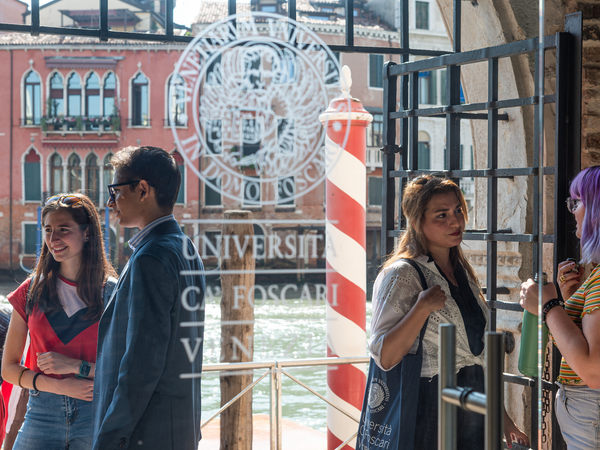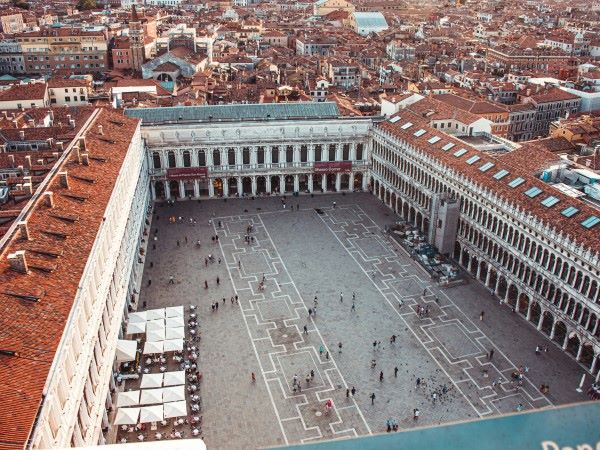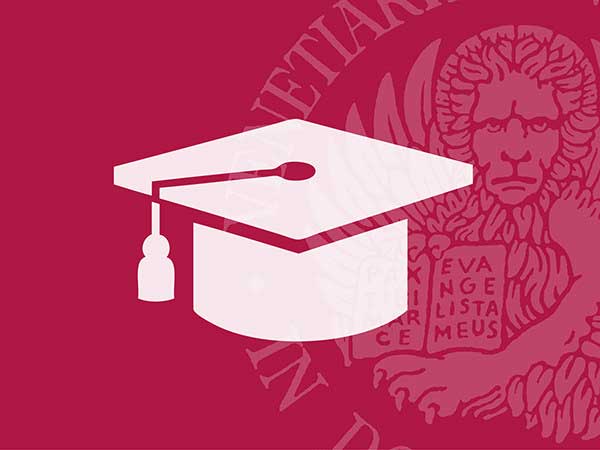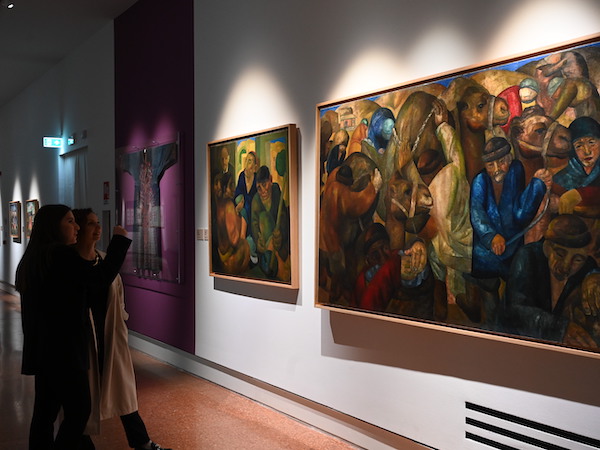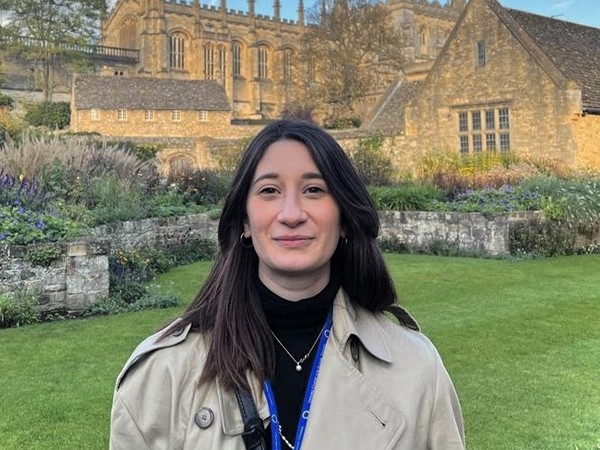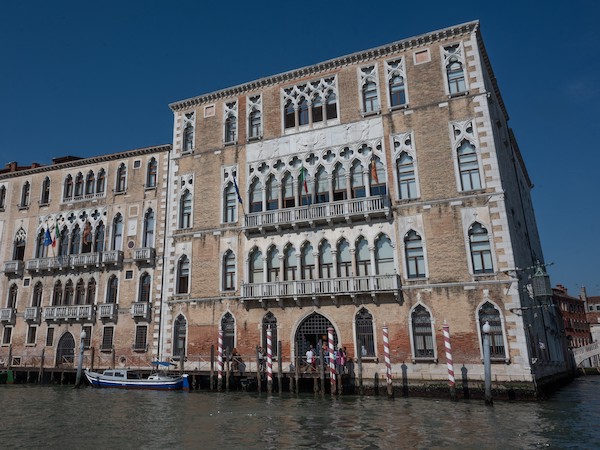Year after year, Ca’ Foscari consolidates its presence at the Harvard Model United Nations, a simulation that reproduces how the United Nations work, that will be carried out this year in Boston from 16th – 19th February.
The ten Ca’ Foscari students, financed by the scholarship given by Ca' Foscari's International Office, will take on the topical subjects that characterize the global agenda in a diplomatic simulation that reproduces the debate of one or more UN commissions. Accompanying them this year is Sara De Vido, an International Law researcher of the Department of Economics, acting as their faculty advisor.
For many of these students, this is an experience that represents a valid integration to put the notions learnt in class into practice: “Participating in this type of experience means that we take a challenge with and, with the difficulties that we have to face, develop new skills that will definitely be useful in our future professions” – says Carlotta Villa, Master's student in Comparative International Relations and head delegate for the Ca’ Foscari team. “It is an activity that will push us to work as a team with the other delegates and refine our use of diplomacy, whilst always assuming a position that is convincing and determined and that will ask us to collaborate, but also to show initiative: all the qualities that will be fundamental in the world of work”.
This year the Ca’ Foscari delegates have been asked to represent Singapore, a technologically advanced country that can offer its know-how in key sectors such as the struggle against terrorism, knocking down social barriers and the protection of human rights on behalf of international organizations. Through discussions with other students from all over the world, we can come to decisions together, and merge the interests from all participating bodies: “To be diplomatic means to negotiate to find a fair compromise, co-operate and collaborate with each other, respect one another, and seek to find a solution to the problem. Our hope is to be able to really bring our own contribution by uniting the minds of other students and operate as one big body”, Carlotta concludes.
Boston is only the first of these events that Ca’ Foscari students will attend: in fact, from 11th to 14th March Ca’ Foscari will participate in the Rome Model United Nations, with a delegation composed of 35 students - of whom 30 are directly funded by the University’s Internship Office, paying for their enrollment fees, and 5 are supported by the Association for Global Youth, organizers of the International Careers Festival. In this case, 21 Ca’ Foscari students will participate in the MUN, whilst the other 14 will take part in Business and Press Games, collateral events in which the effects of the diplomatic decisions in the fields of economy and journalism are simulated.
The students that will participate in the MUN simulations in Harvard and Rome have been able to prepare over the last few months thanks to the laboratories promoted by the Internship Office and carried out by the student organization Venice Diplomatic Society.
Ca’ Foscari delegates for MUN Harvard:
Giuliana Benedetto, Federica Iuliano, Filippo Schena, Andrea Maria Serbu and Carlotta Villa (Comparative International Relations), Costanza Michela Dal Mas (Languages, Economics and Institutions of Asia and North Africa), Leonardo Diprima and Gabriele Mariani (Philosophy, International and Economic Studies), Silvia Giudici (Language, Civilization and the Science of Language), Giulia Erica Hornbostel (Economics and Management of Arts and Cultural Activities).
Ca’ Foscari delegates for MUN Rome:
Delia Bonsignore, Valentina Bovo, Laura Coa, Laura Lucchini, Agnese Polonara, Aurora Simion, Lucia Verardi and Anna Zanetti (Language, Civilization and the Science of Language), Lucia Casalegno, Simone Foresti and Giulia Marangon (Philosophy, International and Economic Studies), Sara Fagliano (European, American and Postcolonial Language and Literature), Valeria Ghiotto (Economics and Management), Chiara Indelicato, Daniela Lobina, Anastasia Lukyanchuk, Serena Miele, Linda Nardone, and Barbara Passerotti (Comparative International Relations), Matilda Prandini and Martina Riccitelli (Language, Culture and Society of Asia and Mediterranean Africa).





